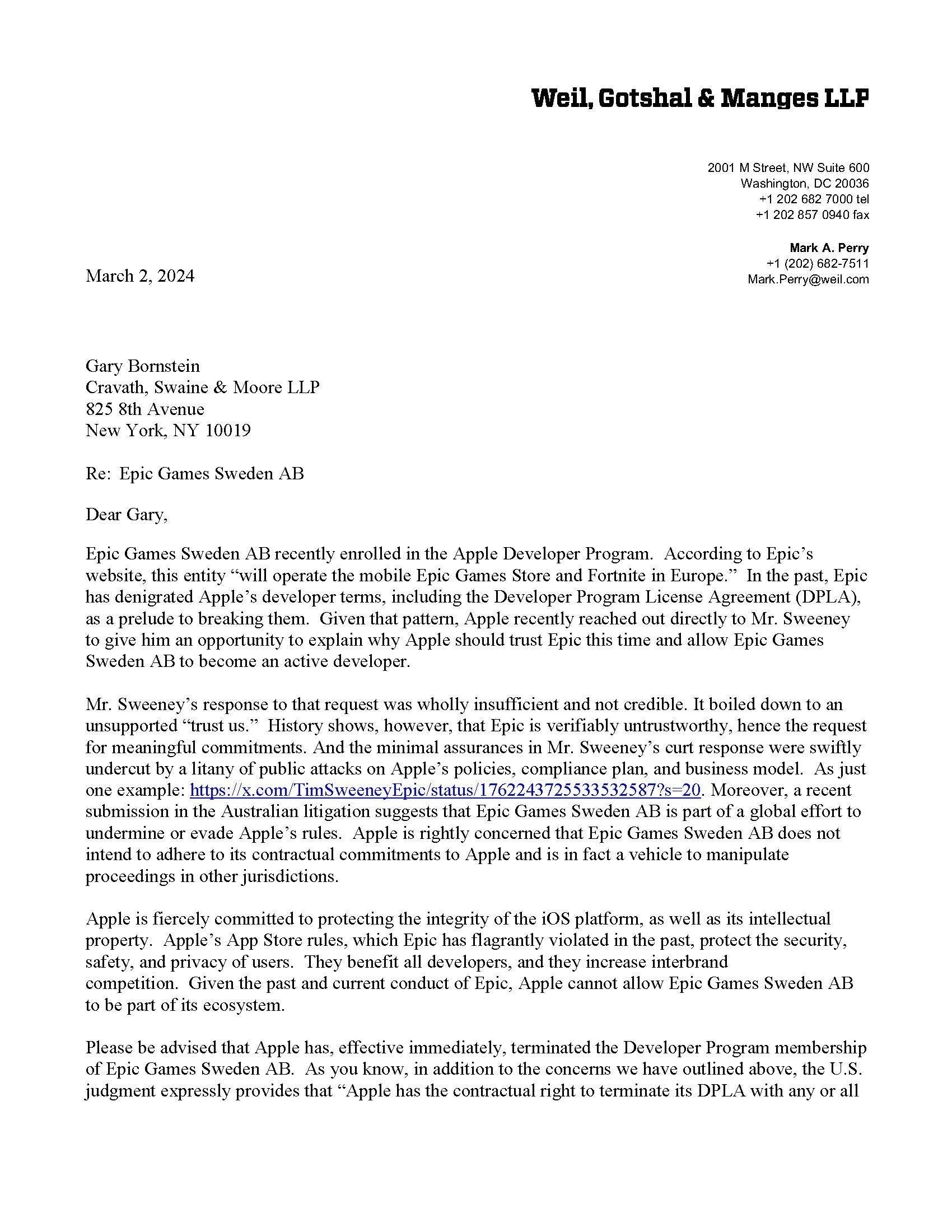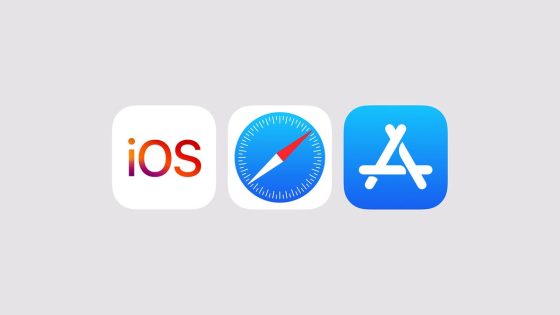Unprecedented iOS 17.4 update puts an end to Apple’s control freak era،
Thanks to the European Union's draconian antitrust laws, iPhone users and iOS developers will finally be able to experience what life is like outside of Apple's walled garden. The latest iOS 17.4 update puts an end to the closed system created by Steve Jobs and maintained by Apple for 17 years under numerous pretexts of security or performance.
At the beginning there was Safari
An orchard without rotten apples
So we have a new, innovative way of creating apps for mobile devices, really innovative, and it's all based on the fact that the iPhone has all of Safari in it. The full Safari engine sits inside the iPhone and gives us enormous capabilities, more than ever available on a mobile device to date. So you can write amazing Web 2.0 and Ajax applications that look and behave exactly like applications on the Web. iPhone!
And these applications can integrate perfectly with iPhone services: they can make a call, send an email, search for a location on Google Maps. After writing them, you benefit from instant distribution.
So far, Apple's WebKit framework that underpins all of its operating systems, whether macOS, iOS, iPadOS, tvOS or watchOS, has a section in its development guidelines that requires all third-party browsers to run on Safari's WebView platform created by Apple. and controls.
In other words, all the efforts of Google Chrome, Microsoft Edge, Mozilla Firefox or Samsung browsers were in vain if they wanted to be present on your iPhone, because they were little more than Safari with a coat of paint on it.
That's not all, as only Safari can run full-screen videos and games. Web apps or extensions can also only work on Safari, while Apple Pay can only be used with the iPhone's default browser, putting everyone else at a competitive disadvantage.
Apple demanded that Epic revert Fortnite to use Apple Payments exclusively. Their proposal was an invitation for Epic to collude with Apple to maintain its monopoly on in-app payments on iOS, suppressing free competition in the market and inflating prices. On principle, we refused to do so.
Apple was pushed to comply with the European Digital Markets Act (DMA) and issue a iOS 17.4 update that allows other browsers, app stores and payment methods than its own, only for European users.

Apple is still fighting tooth and nail against Epic's alternative app store for iOS
iOS loading? An alternative to Apple Pay?
What the hell?
However, it recently changed course and simply used the 22 “fairness” requirements of its DMA legislation. If broken, they could result in a huge fine, which represents a significant percentage of the company's total turnover.
While Apple poetically claimed that Europe accounted for only 7% of its App Store revenue, financial officials in Cupertino ultimately decided it would be too risky and costly not to comply. Now, with the iOS 17.4, European iPhone and iPad users will be able to benefit from incredible flexibility from Apple. Some of the most breathtaking examples include:
- Alternative browser engines: Chrome, Edge, Firefox, Samsung, or Opera will use their own browser engines rather than WebKit, including for in-app navigation.
- Browser choice screen: iPhone and iPad users will be able to choose from several default web browsers.
- Sideloading apps from alternative marketplaces: The App Store is no longer the only iPhone app download game in town.
- Alternative payment options: Apple Pay is no longer the only contactless payment method or the App Store's purchasing system for in-app payments.
Meanwhile, Apple just shut down Epic's developer account citing “flagrant breach of contractual obligations“, and the EU is now forced to respond to this backdoor way of punishing unruly developers who want a bigger share of the revenue pie.
















